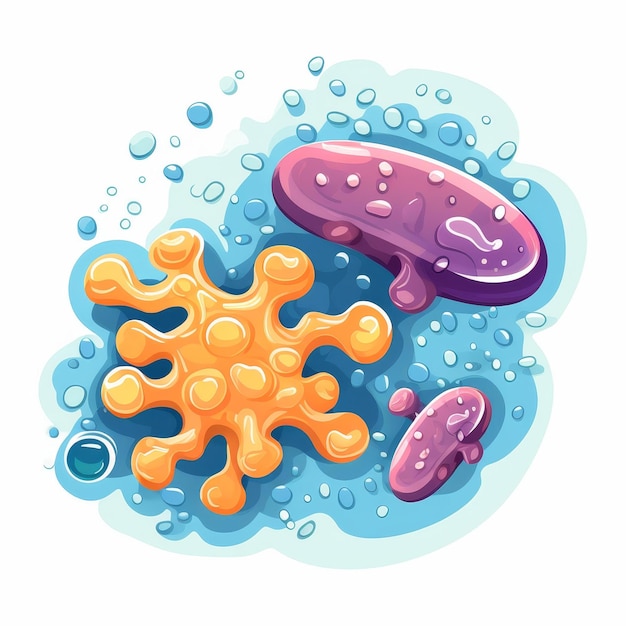Benefits of Bifidobacterium bifidum
After years of hearing about the negative effects of bacteria and the overuse of antibiotics, it can be hard to believe that some bacteria are actually good for you. You’ve probably heard that probiotics help with digestion, and that’s true. But they do much more than that. High levels of Bifidobacterium bifidum in your gut help break down fiber, coat the inner lining of your intestines, and even boost your immune system.
Immune System Support
Did you know that 70%-80% of your immune response happens in your gut? This is because that’s where antibiotics attack most germs, and it’s where most of your immune cells go to fight off infections. B. bifidum attaches to the cells of your intestines and protects the lining from damage caused by toxins or germs. This keeps harmful substances out of your bloodstream and prevents them from making you sick or disrupting your cells’ functions. Additionally, probiotics like B. bifidum produce essential vitamins such as B12, biotin, and K2.
Early Life Protection
When you were born, the B. bifidum strain was already present in your intestines, protecting you from harmful germs. In fact, it made up nearly 95% of your intestinal bacteria! B. bifidum attaches to your intestinal lining, helps digest sugar, and keeps germs and toxins away from your bloodstream while stimulating your immune system. Recent research even shows that Bifidobacterium bifidum can reduce the incidence of colds and flu.
Challenges in Maintaining Probiotic Levels
Unfortunately, the use of antibiotics and everyday environmental factors drastically decrease the population of B. bifidum. With so many environmental toxins like pesticides and foods loaded with artificial sugars, both adults and children need supplements to maintain optimal health. It’s tough to keep probiotic levels stable in your gut today. Antibiotics, illness, artificial sugars, and pesticides can kill off these friendly gut bacteria, allowing harmful germs like C. diff to take over, leading to a common illness known as ‘antibiotic-associated diarrhea’ (AAD). That’s why it’s important to replenish probiotics in your intestines.
The Best Sources of Probiotics
Without balanced levels of probiotics like B. bifidum, sickness and disease can follow. To keep your levels up, regularly eat yogurt, cheese, and other fermented foods. Alternatively, you can take a high-quality supplement like Global Healing’s Ultimate Probiotic. This supplement contains numerous bacterial strains as well as prebiotics, which are essential “food” for probiotics. Increasing your fiber intake through vegetables, fruits, nuts, and seeds will also help ensure a steady growth of probiotics in your intestinal tract.

